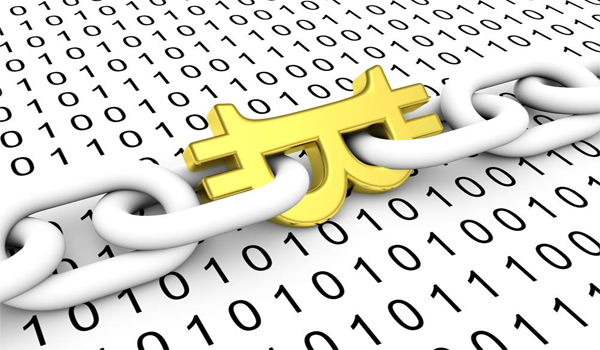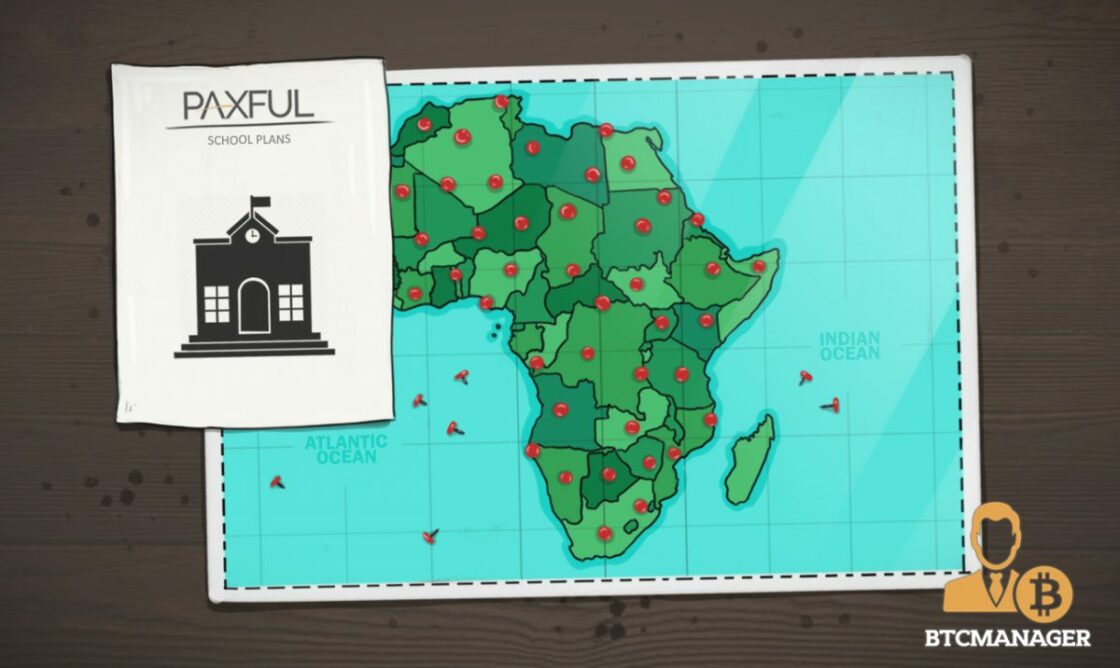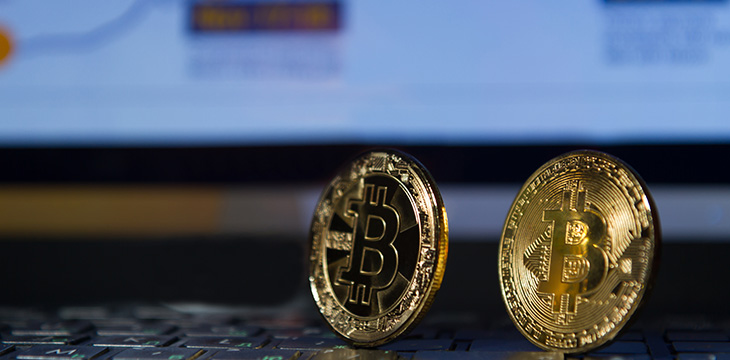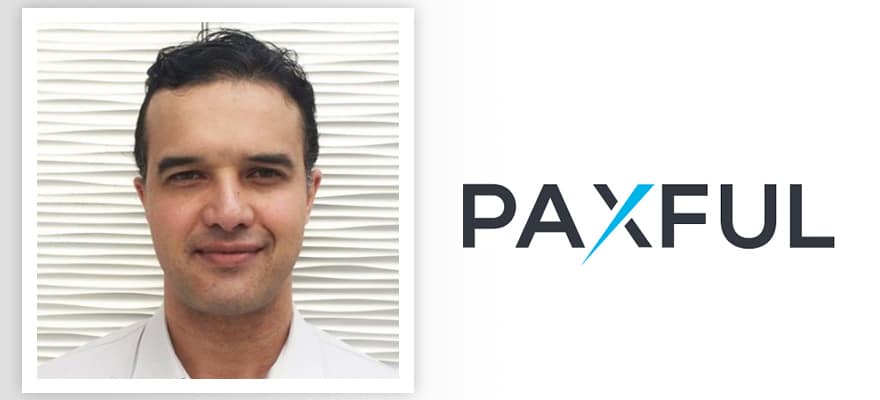1999
Today the term Bitcoin is pretty much synonymous with the Blockchain. But the Bitcoin is just one application that sits on top of the Blockchain. The Blockchain is the underlying fundamental technology. Many cryptocurrencies sit on top of that Blockchain. The Bitcoin is not alone.
But perception is not irrelevant. It is like, around 2012, for a ton of people, Facebook and the Internet were the same things. Everything they experienced on the Internet they experienced through Facebook. Facebook was their gateway. Facebook was their browser, their operating system. So when they clicked on a link they saw on Facebook, to them it was still Facebook.
Bitcoin is that.
And right now is 1999 for the Blockchain. And by right now I don’t mean this very month or even this very year. I could have said this a year ago. I will say this a year from now. And I am not claiming we are precisely two years from some kind of course correction.
When cars first showed up, thousands of car companies popped up. Most of them failed. It is in the nature of new technology to spring forth tons of new ventures. It is not even unfair. Who is to say someone can not take the plunge? A lot of people decide to take the risk, to solve the big puzzle, make the big bucks. That risk-taking is essential to big innovation. That froth is necessary.
Froth is not fraudulence, but the industry does need to watch out for fraudulence.
B100
There are innovation issues and there are governance issues. Internet protocol is governance, and there even competing companies can come together to create common ground.
You just have to go watch what happened on Capitol Hill when the Google and Facebook CEOs showed up to testify. Some of the questions that were asked came across as so foreign. Ordinary netizens were perplexed by the gulf between them and their political leaders. It is perhaps not fair to expect the governments of the world to lead the governance of the Blockchain. And it would not make sense for individual companies to do the same.
I propose the creation of a B100, or Blockchain 100, along the lines of G20 for nations, a coming together of the top 100 Blockchain companies by market value that meet once a year and hold their discussions in a transparent fashion to decide on governance issues. This has to be a global grouping.
Your bank might fail, but your money to a certain extent is secure because your government guarantees that. The cryptocurrencies need that umbrella. The company through which you bought your Bitcoin might fail, but your Bitcoins are safe because they reside on the Blockchain. People need to know that. And it is not enough that your Bitcoins are safely sitting on the Blockchain. If you can’t access it, it is as good as lost.
The Blockchain people need to tackle ID issues as something even more fundamental than finance. In the hierarchy of things, ID is most fundamental. Access to finance might be the next step up the ladder. Then come things like electricity and access to the Internet. In a few years when thousands of satellites bring the Internet to every point on earth, land or ocean, we will be in a good position to solve the ID problem for everybody. Give people ID and finance and Latin America will feel no need to pour into the United States. Africa will feel no need to shift to Europe.
The Blockchain is supposed to be empowering. There is a reason the Blockchain is hottest in Africa, the most disempowered continent. Ordinary people instinctively see the promise.























